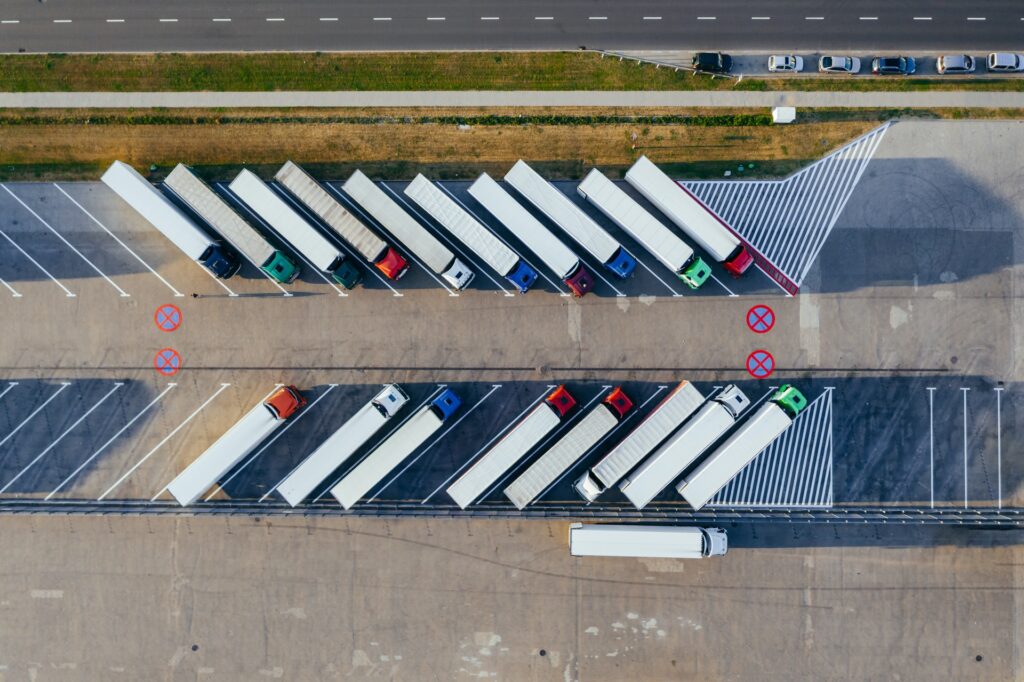Fridge transport is a complex, vital business during the best of times. Many businesses, particularly restaurants, grocery stores, and food wholesale distributors rely on refrigerated vans and trucks to deliver fresh goods to all corners of Australia.
The continuous government lockdowns have impacted all business sectors, and refrigerated transport is no different. State border closures, new COVID protocols, and lockdowns affecting businesses deemed nonessential have all impacted the cold transport sector. However, the businesses in this area are resilient and finding new ways to cope with a changing market.
Here is how businesses have used fridge transport to their advantage during Australia’s continuous lockdowns.
Fridge Transport and Vaccines
The pandemic brought with it new opportunities for the cold transport sector. Before, most businesses that used refrigerated vans and trucks were food and beverage companies. Now, pharmaceutical companies and hospitals are turning to cold transport in greater numbers thanks to the need for transporting vaccines to remote areas of the country.
Pfizer vaccines must be stored at temperatures of -25 to -15 degrees Celsius, which is much colder than other vaccines. This posed a logistical challenge in Australia’s hot summer climate, particularly when it comes to vaccinating remote populations that are particularly vulnerable to COVID-19. Luckily, the fridge transportation industry was able to fulfil that need.
Continuous lockdowns meant that businesses began using cold transport in innovative ways. That includes pharmaceutical companies relying on refrigerated transport for transporting vaccines and restaurants pivoting to delivery that still need refrigerated deliveries. With extra challenges posed by the lockdowns also bred new opportunities that savvy businesses were able to utilise.
Logistics Breakdowns Emphasize Importance of Cold Transport
Australia’s lockdowns and the global pandemic often affected the stability of the supply chain. Border closures meant that fresh food from abroad often had trouble reaching the country at all, let alone travelling through different state borders. Lockdowns also posed a problem on the other end, with panicked customers mass-buying essential goods and causing shortages in supermarkets.
These logistical challenges reiterated how important fridge transport is to maintaining a smooth supply chain. Suppliers used cold transport to keep goods fresh even during delays caused by border closures. Refrigerated logistical transport also made it possible for suppliers to buy in bulk and then store it and transport it for longer without affecting the quality. More than ever, suppliers are relying on a refrigerated fleet, particularly as more people turn to frozen at-home meals and bulk grocery shopping to feed themselves.
Extra Hoops Worth Jumping Through
Although refrigerated transport is considered an essential business in Australia, that does not mean that the industry was not affected by the lockdowns. Transporters need to carry proof that they are essential workers to justify their movement and to cross state borders.
Some states require businesses to present a COVID Safety Plan detailing the actions they will take to prevent the spread of COVID-19. Businesses still operating are subject to random inspections to ensure compliance with that safety plan. Although drivers are isolated and safe while they are transporting goods, warehouses and distribution points for refrigerated vehicles are points where people could get sick.
Operating any business, including one that deals with refrigerated transport, during lockdown requires filing extra paperwork and rearranging logistics. However, the extra logistical concerns are worth it since many businesses still rely on cold transport.
Fridge Transport More Important Than Ever
Australia’s continuing lockdowns have affected many businesses, and those that rely on refrigerated transport are no different. State border closures, COVID Safety protocols, and supply chain disruptions have threatened regular operations. However, businesses have also found new opportunities thanks to demand for delivery and frozen meals as well as vaccine transportation.


